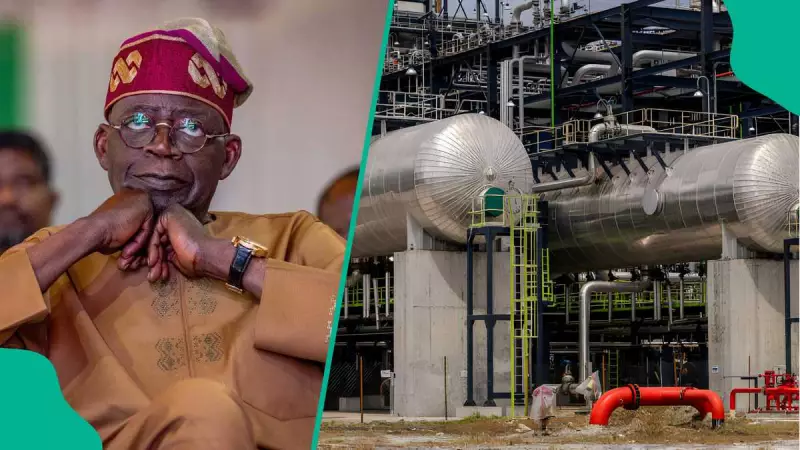
In a groundbreaking development that could reshape Nigeria's energy landscape, the Federal Government has announced its decision to sell the country's long-dormant refineries. This bold move comes after years of operational inefficiencies and massive financial losses that have plagued the nation's oil refining sector.
End of an Era for State-Owned Refineries
The government's resolution to divest from these non-performing assets marks a significant departure from decades of state control over petroleum refining. Industry experts have long criticized the refineries for operating far below capacity despite numerous turnaround maintenance projects costing billions of naira.
This strategic shift represents the government's acknowledgment that private sector management might be the only viable solution to Nigeria's persistent petroleum refining challenges. The decision aligns with global trends where efficient refinery operations are typically managed by private entities with proven technical and managerial expertise.
Financial Burden and Operational Challenges
Over the years, the refineries have become a substantial financial drain on the national economy. Billions of dollars have been invested in maintenance and rehabilitation with minimal returns. The facilities have consistently failed to meet domestic fuel demand, forcing Nigeria to rely heavily on expensive petroleum product imports.
The operational statistics paint a grim picture: combined utilization rates have hovered near zero for extended periods, while maintenance costs have continued to escalate. This paradoxical situation of an oil-rich nation importing refined products has been a source of national frustration and economic strain.
New Direction for Nigeria's Energy Sector
The privatization move signals a potential renaissance for Nigeria's downstream petroleum industry. With the recent commencement of operations at the Dangote Refinery and now this decision to sell state-owned refineries, Nigeria appears poised to finally achieve energy self-sufficiency.
Potential investors are likely to include both domestic and international energy companies with the technical capability and financial resources to transform these assets into profitable ventures. The successful privatization could create thousands of jobs, stimulate related industries, and significantly reduce the nation's foreign exchange expenditure on fuel imports.
As Nigeria takes this historic step toward energy sector reform, stakeholders across the industry are watching closely. The successful implementation of this privatization initiative could mark the beginning of a new, more prosperous chapter in Nigeria's petroleum story.






